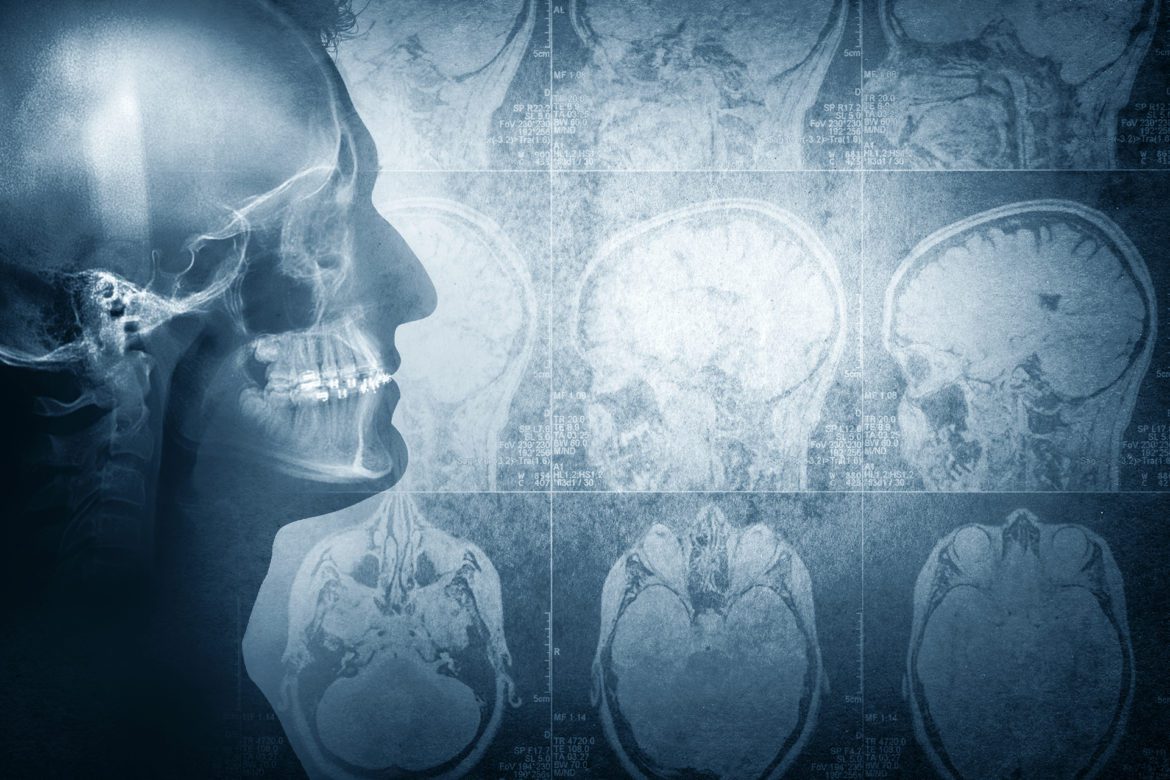Despite being located in the same general region of the body, our teeth and brain don’t seem like they’d be overly
connected.
That’s why this study linking poor oral health to poor brain health is worth paying attention to.
Are oral health and brain health connected?
This research from the Yale School of Medicine, presented
at the American Stroke Association International Stroke Conference, analyzed data from over 40,000
adults between 2014 and 2021.
The researchers looked for differences in health outcomes over the study period and also screened the
participants’ genetic material. Specifically, they looked at more than 105 genes known to be connected to
poor oral health outcomes.
In a nutshell, the results showed that people with genes that increased their risk for poor oral health were more likely to have severe brain damage after a stroke.
The data showed that those with poor oral health suffered worse damage to the structure of the brain-defined as more than a 43% change in the structure after a stroke-than those without those genes that contribute to poor oral health.
They also showed that those with a predisposition for poor oral health experienced a higher amount of damage to the white matter in the brain following stroke. White matter
How to support your oral health (and brain health) today
This study is limited, and more research needs to be done to confirm this connection and reveal if there is a positive side to this link (rather, if improving oral health might help with better brain health outcomes).
That said, this study opens up a new way of thinking about our pearly whites. “Studying oral health is especially important because poor oral health happens frequently and is an easily modifiable risk factor,” said Rivier. “Everyone can effectively improve their oral health with minimal time and financial investment.” Here are some ways to get started today:
1. Limit sugar
You heard it as a kid all the time: Sugar leads to cavities! Well, those words are still true today. When you eat sugar, bacteria in the mouth metabolize the sugar and turn it into acid, which damages the enamel of your teeth. Research shows
Sugar is also connected to cognitive decline and diseases like Alzheimer’s. In fact, Alzheimer’s has been referred to as “Type 3 diabetes due to its close connection to blood sugar, diet, and lifestyle factors.
2.Try natural remedies
There are plenty of natural remedies that support oral health and brain health. When it comes to memory, cognition, and focus, try one of these top 16 brain-supporting supplements (called nootropics) recommended by mbg health experts.

